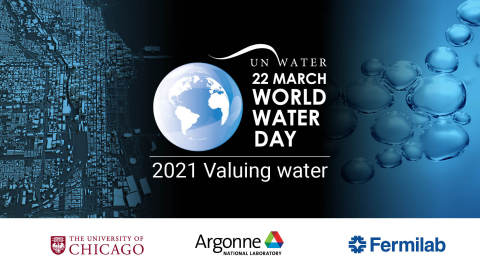Center for Bright Beams awarded $22M in grant renewal
From the Cornell Chronicle, September 20, 2021: A collaboration of researchers led by Cornell has been awarded $22.5 million by the NSF to continue research needed to transform the brightness of electron beams. Fermilab scientists Sergei Nagaitsev and Sam Posen are part of the collaboration team working with Cornell to improve the performance and reduce the cost of accelerator technologies that would improve beams for tumor treatment, imaging individual atoms, instruments for wafer metrology, and the Large Hadron Collider.


